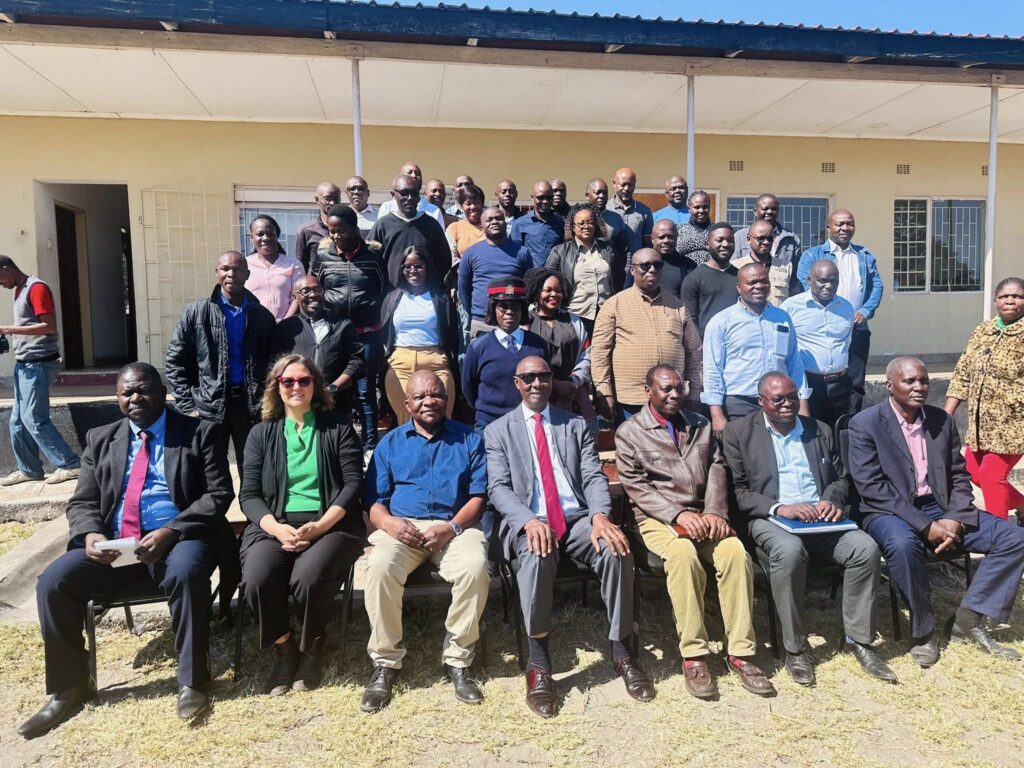Zambia Boosts Locust Control Efforts with Training of Trainers in Western Province
The Ministry of Agriculture has launched a comprehensive Training of Trainers (ToT) workshop in Western Province to strengthen the nation’s capacity to combat locust outbreaks and protect food security.
The workshop brings together agricultural officers from all 16 districts in the province, equipping them with critical skills in locust biology, surveillance, ecology, and integrated pest management. The initiative aims to enhance early warning systems and build preparedness against recurring locust threats.
Officiating on behalf of the Ministry of Agriculture’s Permanent Secretary – Technical Services, Western Province Permanent Secretary Mr. Akapelwa Simomo emphasized the importance of building resilient systems that can withstand biological threats.
“This training is essential to safeguarding food security and protecting livelihoods in Zambia’s most vulnerable areas,” Mr. Simomo said.
The program is being implemented in partnership with the Food and Agriculture Organization (FAO), the Centre for Agriculture and Bioscience International (CABI), and the International Red Locust Control Organization for Central and Southern Africa (IRLCO-CSA).
Officers who complete the training are expected to cascade knowledge to camp and block extension officers and local farmers, especially in districts identified as locust hotspots. Currently, 20 districts across Western, Central, and Southern Provinces have been classified as high-risk, with outbreaks affecting over 29,000 hectares of land—including more than 3,200 hectares of cropland. Early harvesting efforts helped limit the extent of damage.
The training forms part of Zambia’s broader agricultural transformation strategy, which targets an annual production of 10 million metric tonnes of maize, 1 million tonnes of wheat, and 1 million tonnes of soya beans by 2027.
The Ministry commended the support from FAO, CABI, and IRLCO and reaffirmed its commitment to building a food-secure Zambia by investing in pest surveillance, rapid response systems, and capacity building for frontline officers.



